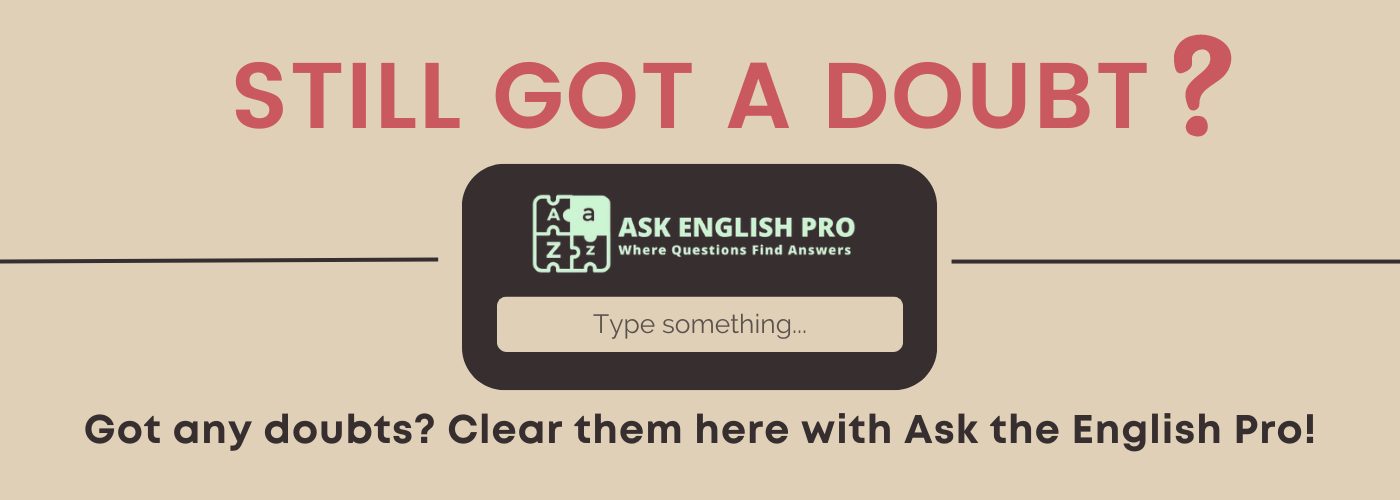Detailed Article for the Word “Vacillate”
What is Vacillate: Introduction
Imagine standing at a crossroads, unable to choose a path, or watching a pendulum swing indecisively back and forth—this captures the essence of “vacillate.” To vacillate is to waver between choices, unable to commit firmly to one direction or another. In today’s world of abundant options and constant information, vacillating can feel all too familiar, as people often struggle to make clear decisions amid competing influences and desires. This word vividly portrays the experience of indecision, mirroring the back-and-forth inner debates we encounter in life.
Origin and History of the Word Vacillate
The word “vacillate” has its origins in the Latin verb “vacillare,” which means “to sway to and fro” or “to waver.” Entering the English language in the late 16th century, it initially described a physical motion—such as a branch swaying in the wind—but soon broadened to include mental or emotional wavering. Over time, “vacillate” evolved to capture the hesitation and indecisiveness people experience when faced with complex or conflicting choices. This historical journey has cemented vacillate as a word that vividly conveys both physical and mental wavering.
Meaning and Definition of Vacillate
Vacillate (verb):
- To waver or sway between different opinions, choices, or actions; to be indecisive
- To fluctuate in opinion or attitude
- To alternate between different conditions or states
Usage note: Vacillate is often used when describing mental or emotional uncertainty and is similar to “hesitate” but implies a more prolonged or back-and-forth indecision.
How to Pronounce Vacillate
VAS-uh-layt
How to Remember Vacillate: Memory Tips
Think of a “vacant slate”—when your mind feels empty and unsure, it can be hard to make a choice. Or picture a pendulum swinging back and forth, much like a vacillating mind that struggles to settle on a single decision. Another helpful association is with the word “vacuum,” symbolizing the emptiness or lack of clarity in decision-making.
Vacillate in a Sentence: Examples and Usage
- Personal: He often vacillates between staying in his hometown or moving to the city for better job opportunities.
- Political: The government’s vacillating stance on climate policy has left many citizens feeling frustrated and uncertain.
- Professional: The manager’s vacillation between different project strategies created confusion among the team.
- Literary: In the novel, the protagonist vacillates between her love for adventure and her fear of the unknown.
- Academic: The debate highlighted the professor’s vacillation on how to approach controversial historical topics.
- Scientific: Researchers vacillated on whether to proceed with the experiment given the potential ethical implications.
- Everyday Life: She vacillated for hours over whether to wear the red dress or the blue one to the party.
Difficulty Level of Using Vacillate
Intermediate to Advanced:
- Usage involves understanding emotional or mental indecision
- Primarily used in formal or literary contexts
- Often found in descriptive writing or thoughtful discussions
Modern Usage of Vacillate in Contemporary Context
In the modern era, “vacillate” has taken on new layers of meaning as decision-making becomes increasingly complex. In personal contexts, people often vacillate when overwhelmed by choice, from trivial matters like choosing a restaurant to significant life decisions like career changes. In business, vacillation can appear when companies weigh diverse strategies, leading to what’s known as “decision paralysis.” Similarly, in politics, vacillating leaders may frustrate constituents who seek firm direction and policy commitments. In mental health discussions, vacillation is sometimes associated with indecisiveness linked to anxiety or overthinking, highlighting how the word encapsulates a common challenge in a high-stakes, choice-heavy world.
The digital age, where information flows rapidly and new choices arise constantly, has made vacillation a notable feature of contemporary life. From streaming platforms offering endless viewing options to fast-paced news cycles creating fluctuating opinions, vacillation reflects the modern experience of navigating a world with overwhelming options and perspectives.



















